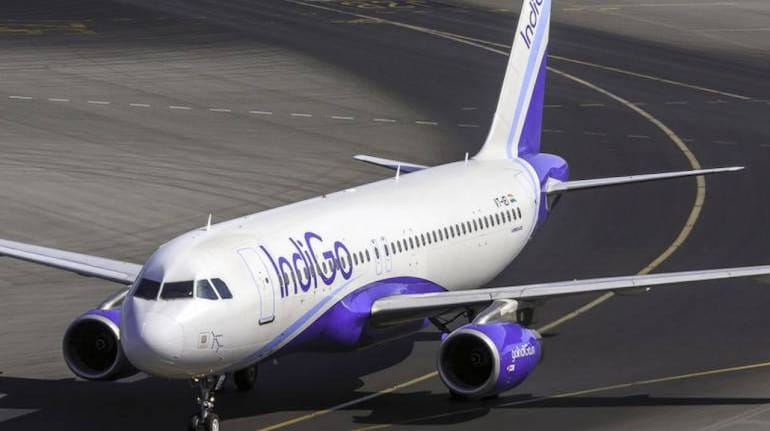



It is important to analyse the following few factors before you decide to invest in aviation companies
RPK – Revenue passenger kilometre is the sum of paid travellers in an aircraft multiplied by the distance it flew. One passenger who has paid for his ticket, flying one kilometre, equals one RPK. It is an indicator of demand.
ASK – Available seat kilometre is the capacity available in a plane multiplied by the distance it flies. One ASK equals one seat covering one kilometre and denotes supply.
Load factor – Obtained by RPK/ASK, it refers to capacity utilisation. While higher load factor is desirable, how much each passenger pays, or fare is equally important to gauge profitability.
Yield – Total of passenger revenue divided by the number of travellers. Usually measured in rupees per kilometre, it is a useful guide to analyse changes in fares over time.
RASK – Revenue per available seat kilometre is calculated by dividing revenue by ASK, and shows the efficiency of carriers.
CASK – Cost per available seat kilometre refers to the unit cost, and is got by dividing operating costs divided by ASK.
EBITDAR – Earnings before interest, tax, depreciation, amortisation and rent cost, strips out variables and focuses on core operation. It a useful tool to compare with peers.
Net profit -- Earnings after accounting for all expenses and taxes. It is the most-watched measure and shows what remains in the kitty for distribution to shareholders.
Debt – Refers to all liabilities, short- and long-term. Since airlines take on substantial debt to meet their aircraft purchase and operational requirements, this is a key figure to keep a watch on. Low debt levels in relation to the size of the balance sheet should give a greater degree of comfort.
EV -- Enterprise Value is the market value of all shares (market capitalization) and the market value of debt of a company, less any cash. Market capitalization is calculated by multiplying the share price by the number of shares outstanding.
EV/EBITDAR – Most commonly used to value an airline, should be seen in context of peers and past periods. It tells you the valuation that the market is assigning to the business.
Discover the latest Business News, Sensex, and Nifty updates. Obtain Personal Finance insights, tax queries, and expert opinions on Moneycontrol or download the Moneycontrol App to stay updated!
Find the best of Al News in one place, specially curated for you every weekend.
Stay on top of the latest tech trends and biggest startup news.